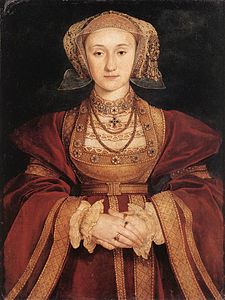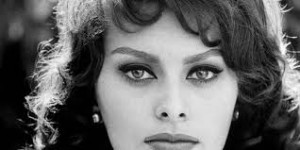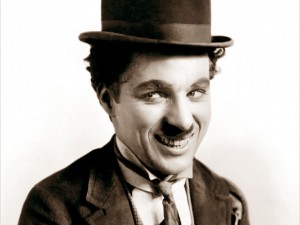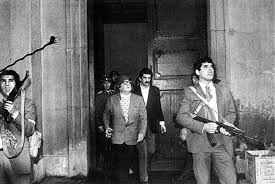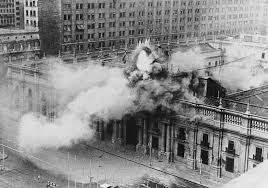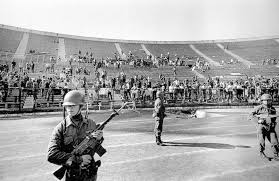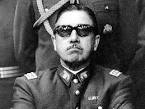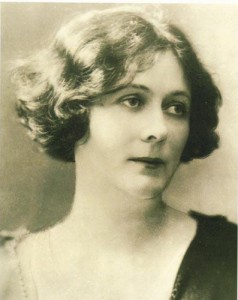Anne of Cleves was born on 22 September 1515 in Dusseldorf, in Germany. In 1540 She was chosen by Henry VIII King of England as his fourth wife. It was a political marriage, not dictated by love. Henry was already marked by three including loss of spouse, Although very different from each other, and was looking for a little’ peace for himself and his Kingdom.
Anna seemed the perfect candidate for the English monarch and departed then for England. He first met Henry in Rochester on January first 1540, during the new year celebrations. The woman was unable to recognize the King, dressed for the occasion, While Henry noticed immediately the girl who at first impression not struck him minimally. His comment to the trusty Chancellor Cromwell was “I don't like it”.
However, having regard to the agreements made with the German Duchy and scandal that would be derived internationally, the King decided to marry the same married Anna, and this happened the evening of Epiphany of that same 1540, in Greenwich.
The marriage was never consummated, given the lack of attraction of the sovereign in respect of young bride. The King did not fail to blame Anna for the absence of relations between the two: object of discontent of the sovereign was his wife's body, in his opinion so decrepit and flaccid as to give suspicion on the girl's virginity. The question to ask is: what mood should try Anna, completely alien to the world of the English Court, feeling also repudiated by King?
Henry VIII found very soon a new leisure in court thanks to damsel Catherine Howard, future ill-fated Queen of England. As already happened previously, as soon as the King became infatuated girl, He wanted to fix definitively the mistake made by marrying Anna, to tie the knot with Catherine. Citing a pre contract between Anna and double Duke Francis I of Lorraine when both were still kids, and the marriage never consummated, Henry obtained a divorce on 13 July 1540. Anna initially was surprised and stunned by this news, but then with common sense and reluctantly accepted this condition. This behavior very wise was a great help, because if you had turned her against the will of the King could certainly didn't live up to the 16 June 1557, the day of his death, in ease and grace of his Majesty King Henry VIII.
Maria
